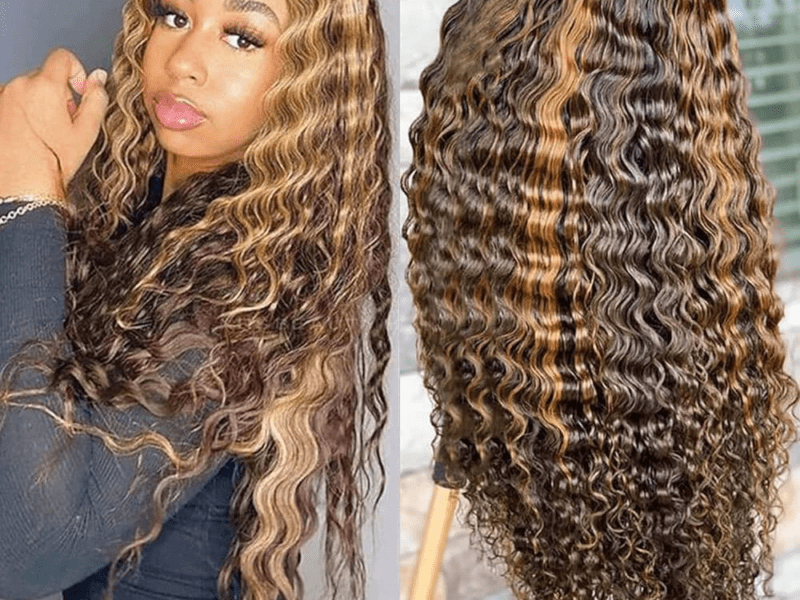
A Comparative Analysis Of Organic Henna Versus Chemical-Based Henna
In the era of beauty, glam, and body art, the appeal of organic henna dye has captured the attention of people towards themselves. This article deals with the advantages of organic henna and is especially concerned with the detailed comparison between organic henna and chemical-based henna. We also discuss what kind of advantages we have while using organic henna and what drawbacks we faced during the application of chemical-based henna.
Before we continue, it is important to understand the properties of organic and chemical-based henna.
A comparative analysis of organic henna versus chemical-based henna
Ingredients of henna: natural vs. synthetic
Organic henna’s ingredients include henna powder, water, and some natural oils, while chemical-based henna includes synthetic dyes, preservation, and some harmful materials that harm our skin.
Organic henna often provides a long-lasting stain that fades after a few weeks, while in comparison with chemical-based henna, it often provides a short-term stain that fades after 2 to 3 days.
Organic henna is free from chemicals and made up of natural ingredients, so it doesn’t harm our skin, while chemical-based henna damages our skin because it consists of several chemicals that are very harmful to our skin.
However, there are some packaged hennas available in which all the ingredients are essential; they are not harmful, although they are important to improve the quality and end results of henna.
Now it’s time to do a comparative analysis of organic and chemical-based henna with a detailed description of all the ways in which it can be used.
There are myriad ways in which henna can be used:
There are some different ways in which henna can be used, and these are as follows:
1: Henna hair dye
3: Henna body art temporary tattoos
4: Henna nail staining
Let’s discuss them in further detail, one by one.
- Henna hair dye:
Henna is a natural hair dye. It gives a reddish hue to the hair. People mixed henna with some other natural ingredients to make their hair more shiny and silky. Henna can also be used to cover grey hair. It is also free from chemicals and other harmful materials that damage our hair.
■ Advantages of using organic henna
1: Free from chemical
2: Less expensive
3: Easy to use
4: Gives hair a natural shine
5: promotes hair growth
■ Drawbacks of using chemical-based henna
1: Hair health damage
2: Scalp issues
3: Hair fall problems
4: Frizzy and dull hair
5: Cause some allergies also
- Henna eyebrow tint:
Firstly, we must know what henna eyebrow tint is. So basically, it is a technique that is used to darken the eyebrows. It is basically a temporary tint that enhances the shape and colour of the eyebrows. Henna eyebrows have now become the centre of attraction for many people. Henna eyebrow tint has been used in certain cultures for many years.
■ Advantages of using organic henna
1: Provide long-lasting glamour around the eyes.
2: It helps eyebrows look thick.
3: It helps to fill the gap between the eyebrows.
4: It enhances beauty.
5: It promotes hair growth naturally.
■ Drawbacks of using chemical-based henna eyebrow tints
1: Some allergic reactions
2: Critical to apply
3: Expensive.
4: Skin irritation and redness
5: can cause redness in the eyes
- Henna body art and temporary tattoos
Henna paste can also be applied to the skin to create temporary tattoos. These designs can range from traditional patterns to contemporary art. It offers a unique form of self-expression. Henna can also be used as a body scrub when it is mixed with other natural ingredients.
■ Advantages of using organic henna for tattoos
1: No side effects
2: Long-lasting
3: Gives bright and natural colour
■ Drawbacks of using chemical-based henna for tattoos
1: Harmful for the skin
2: Short-term
3: Skin reactions and sensitivities
4: Cause different allergies
5: Skin irritation and redness
Conclusion
In this article, we conclude that organic henna is better than chemical-based henna. Organic henna is made up of natural ingredients that are not harmful to our skin, and it is also less expensive as compared to chemical-based henna, which is very harmful to our skin.
Hence, organic henna is much better than chemical-based henna, and we also go for organic henna over chemical-based henna because organic henna is easy to use and also safe for our skin.







